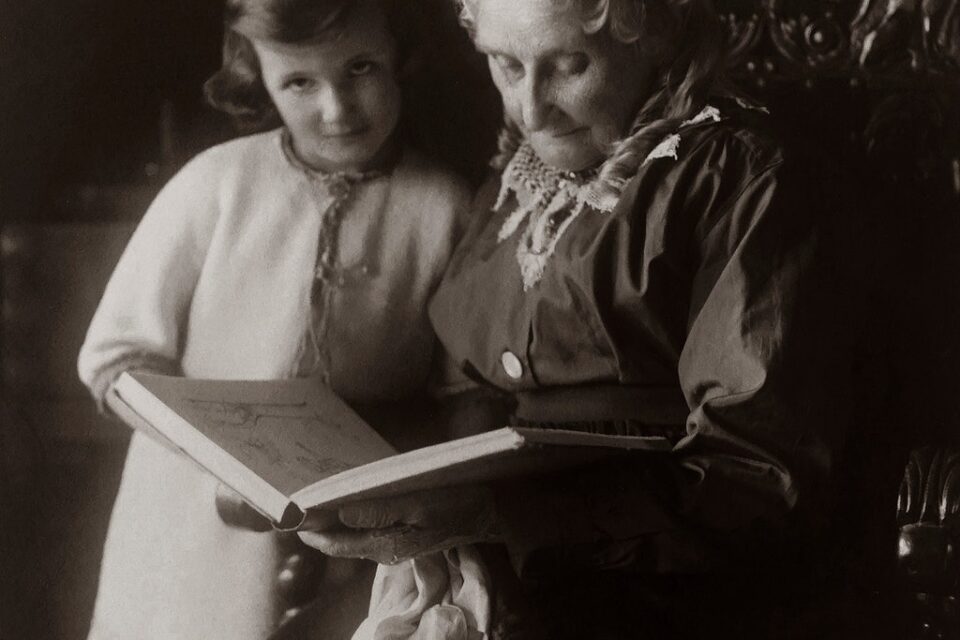Week Intro
Adaptation films arrive with a specific audience in mind, one who is already familiar with the story and has lots of opinions about it. This can be both an advantage and a disadvantage, as this informed audience will want to see your film, but they will be equally ready to hate it.
I grew up reading the Percy Jackson series and was so excited when I heard they were making a movie. I was a part of its intended audience, the kind that would have to see the movie even if they hated it. And I most definitely hate this film. It was the only time I have ever considered walking out of a theater. Now, I don’t like talking about films I didn’t enjoy on this blog, simply because films take a lot of work, and people pour so much time and effort into making them. Who am I to label something as a bad film, I would recommend any of the films I talk about here. Percy Jackson was one of my first encounters with an adaptation movie, and while it was not a good kind, it taught me a lot.
The main reason I hate the film is because of how inaccurate it feels. It made Greek mythology more Christian, it changed the antagonist and the character’s motivations, and it simplified and condensed the first book into your average teen adventure movie.
Although I hated watching the film, I felt obligated to finish what I had started by watching the sequel, as I had invested so much in the books. I had to find out just how badly they messed up, and that is exactly why ‘bad’ adaptation films make money.
I am still thinking about my experience with this film and have since had multiple discussions with other fans about their critiques. It feels like this mutual hatred has united the fandom. However, I can’t help but wonder if it was an unsuccessful film. They did make a sequel, which implies that everyone who hated the film still spent money to watch it. Was it so unsuccessful?
We use the term inaccurate a lot when describing adaptation films. It is as though we want a literal projection of our own experience with the book, which let’s be honest, is impossible. There is no way for a film to recreate every person’s experience with the book, or even to detail every aspect of what happens in the book. So why bother trying to make an exact and accurate adaptation?
If there is no way to please everyone, why should accuracy and fidelity be a film’s main concern? Better still, why do we use cheating terms to describe our relationship with text to film adaptations? Perhaps ‘fidelity’ isn’t what we want in our adaptations. Perhaps, it is a bit more complicated.
I am going to focus on the politics around fidelity and innovation in adaptation films for the rest of July. This week, I will discuss some classic novel adaptations, those which take beloved texts and try to change our perception of them. I incorporated some of this discussion in my transmedia work last week, but now I get to focus specifically on book to film/tv adaptations.
I am certainly biased when it comes to this topic, as I have been routinely disappointed by adaptation films. However, my goal is to focus on films which surprised me by doing something different with the source material, or even critiqued some of the problematic aspects in these classic texts. These projects might be slightly inaccurate, but that is the very reason they are so successful.
Tune in as I explore the world of film translation, adaptation, and invention.
